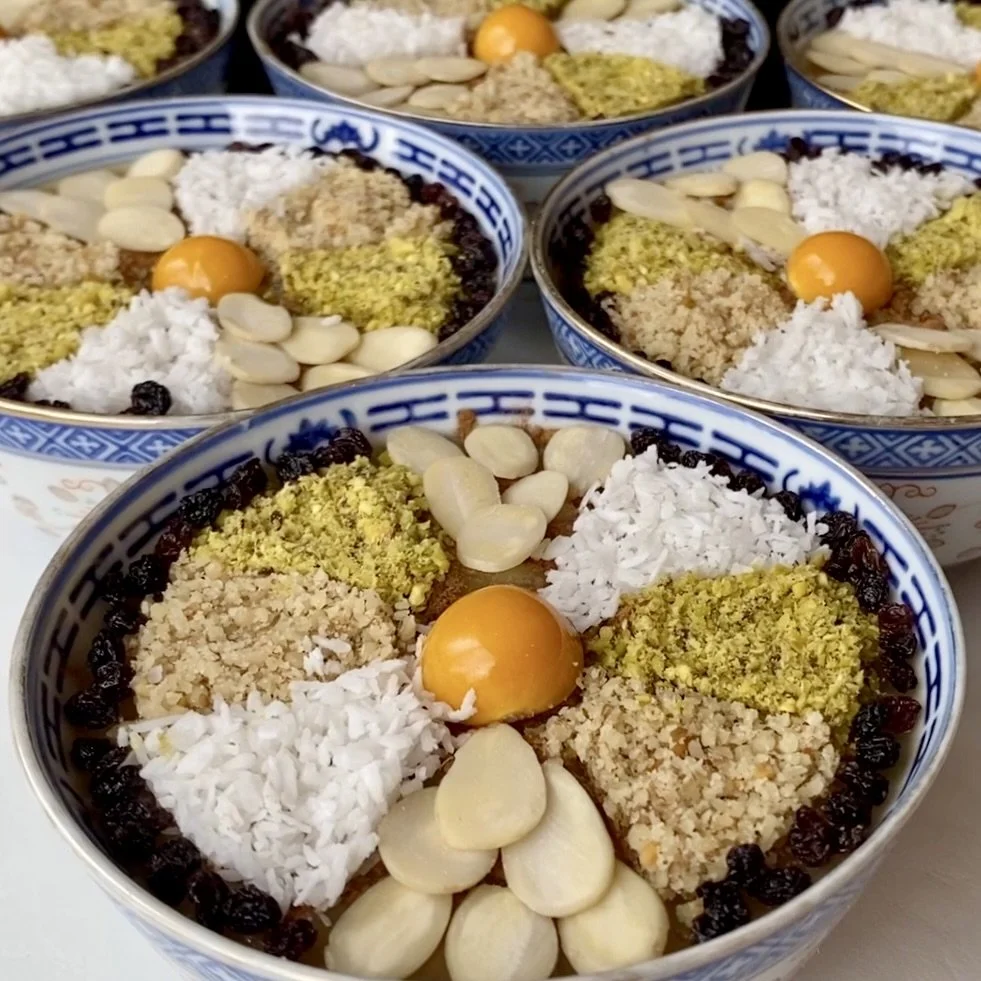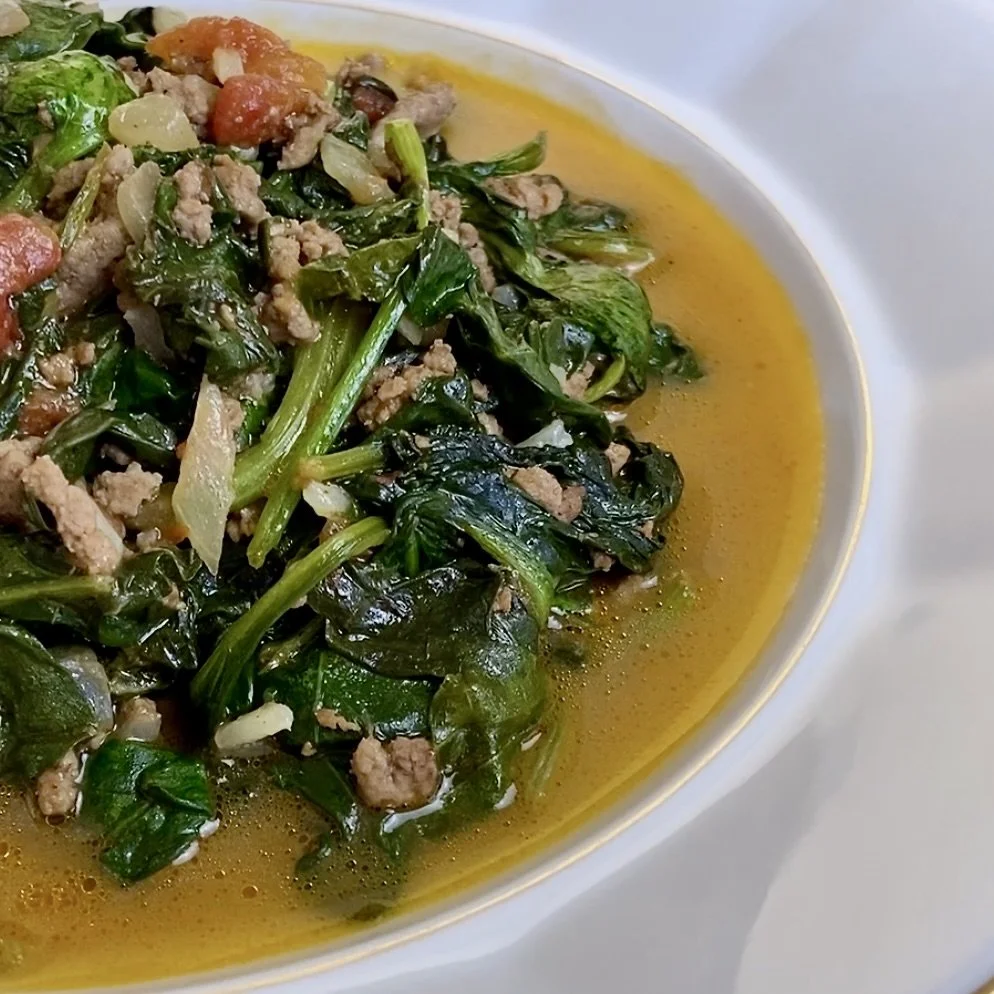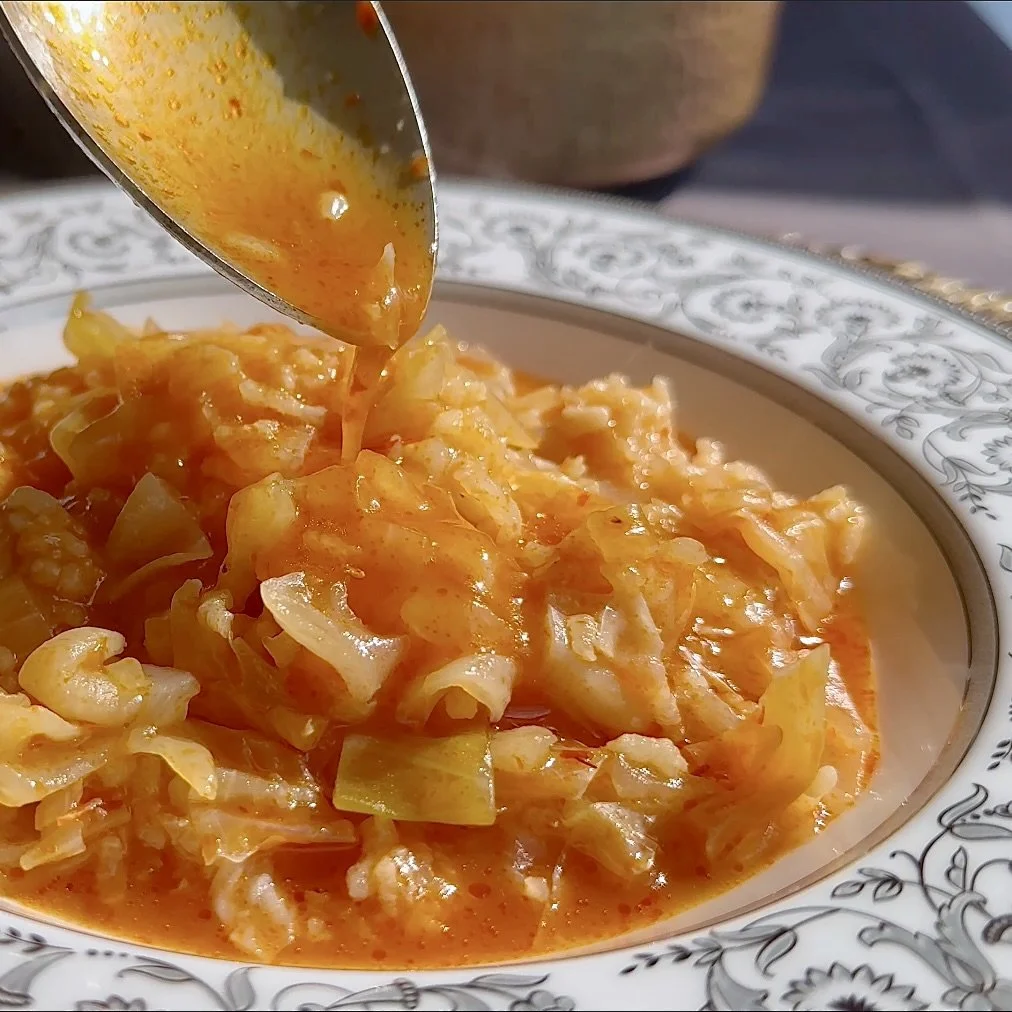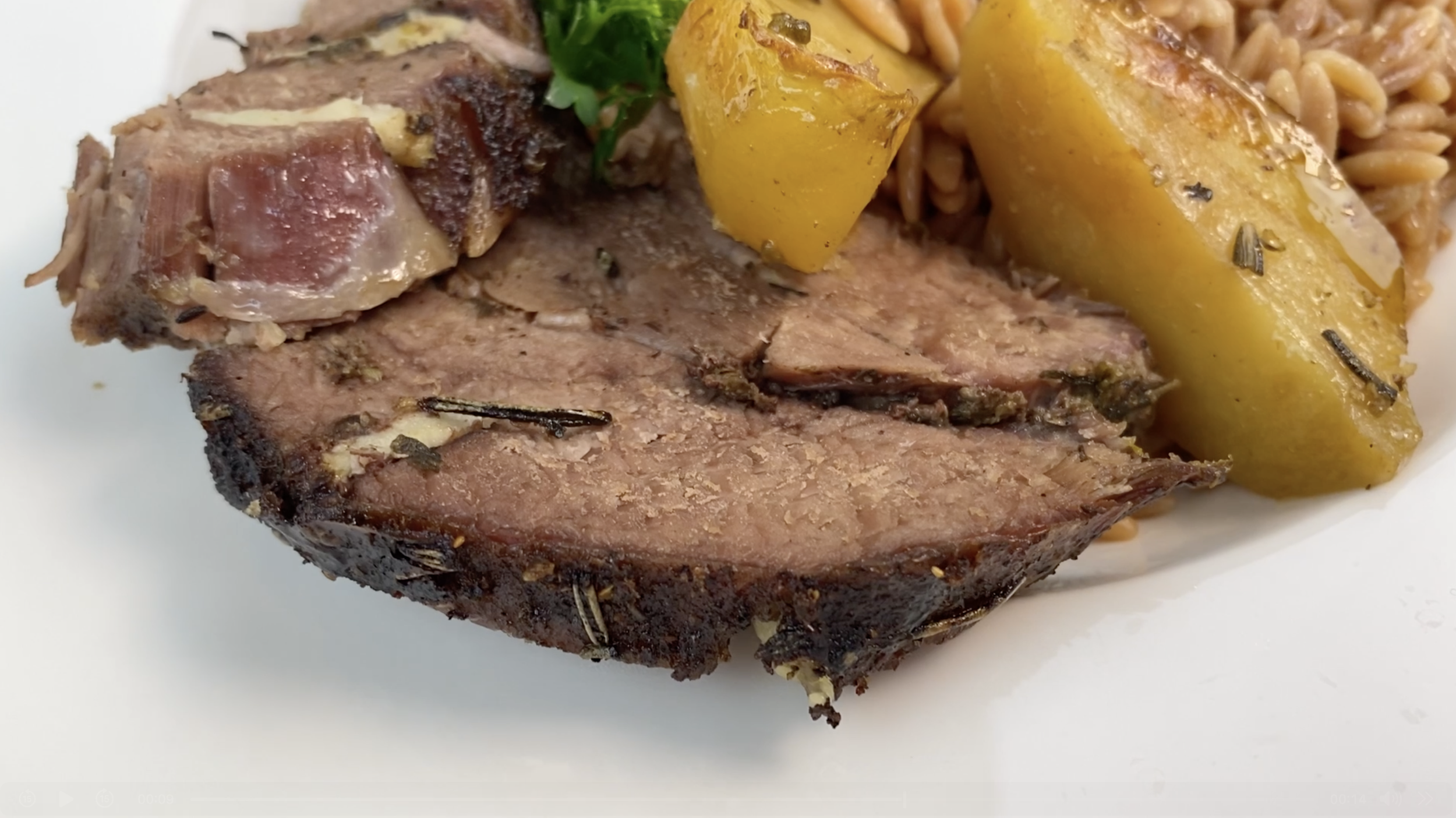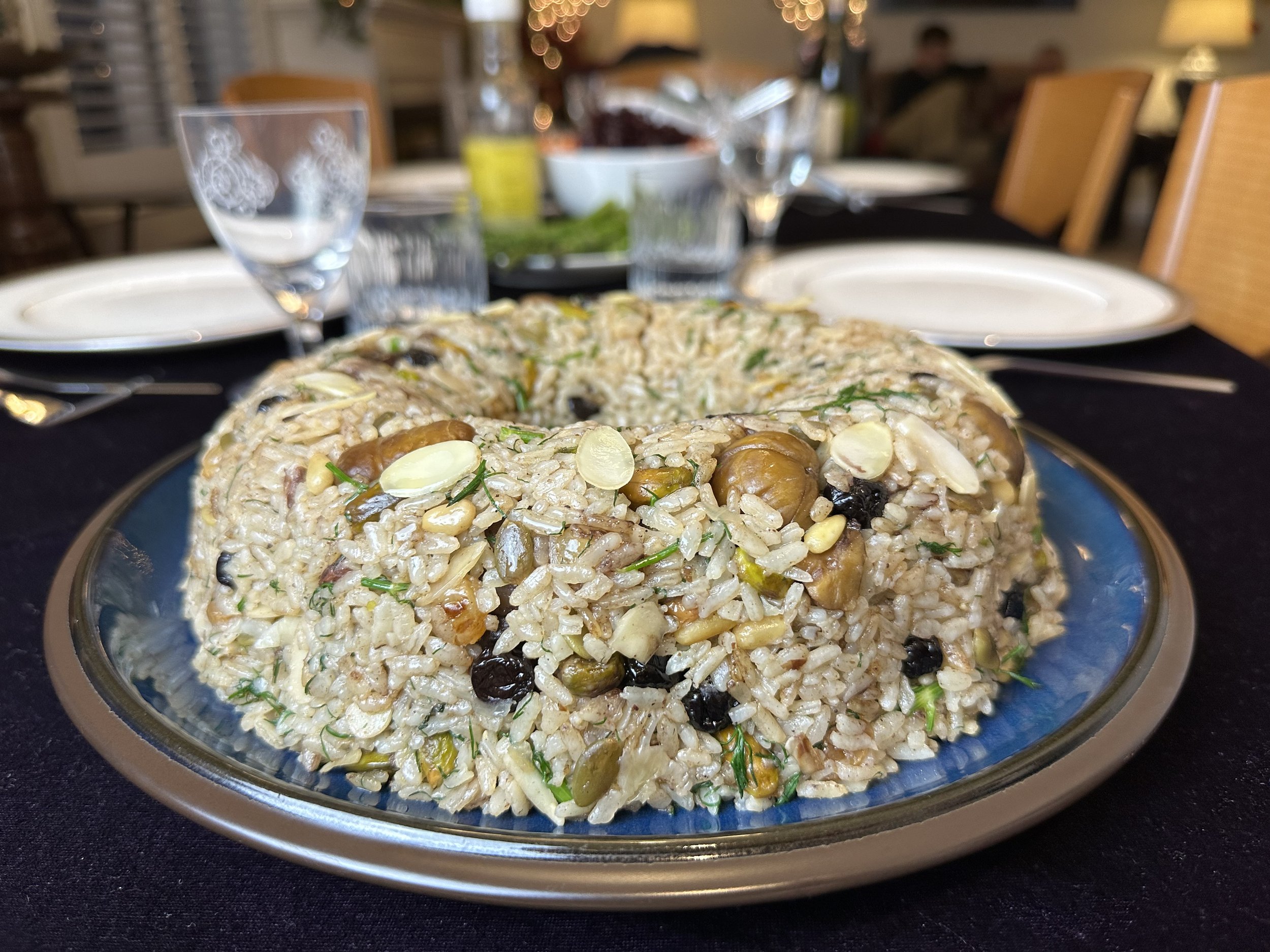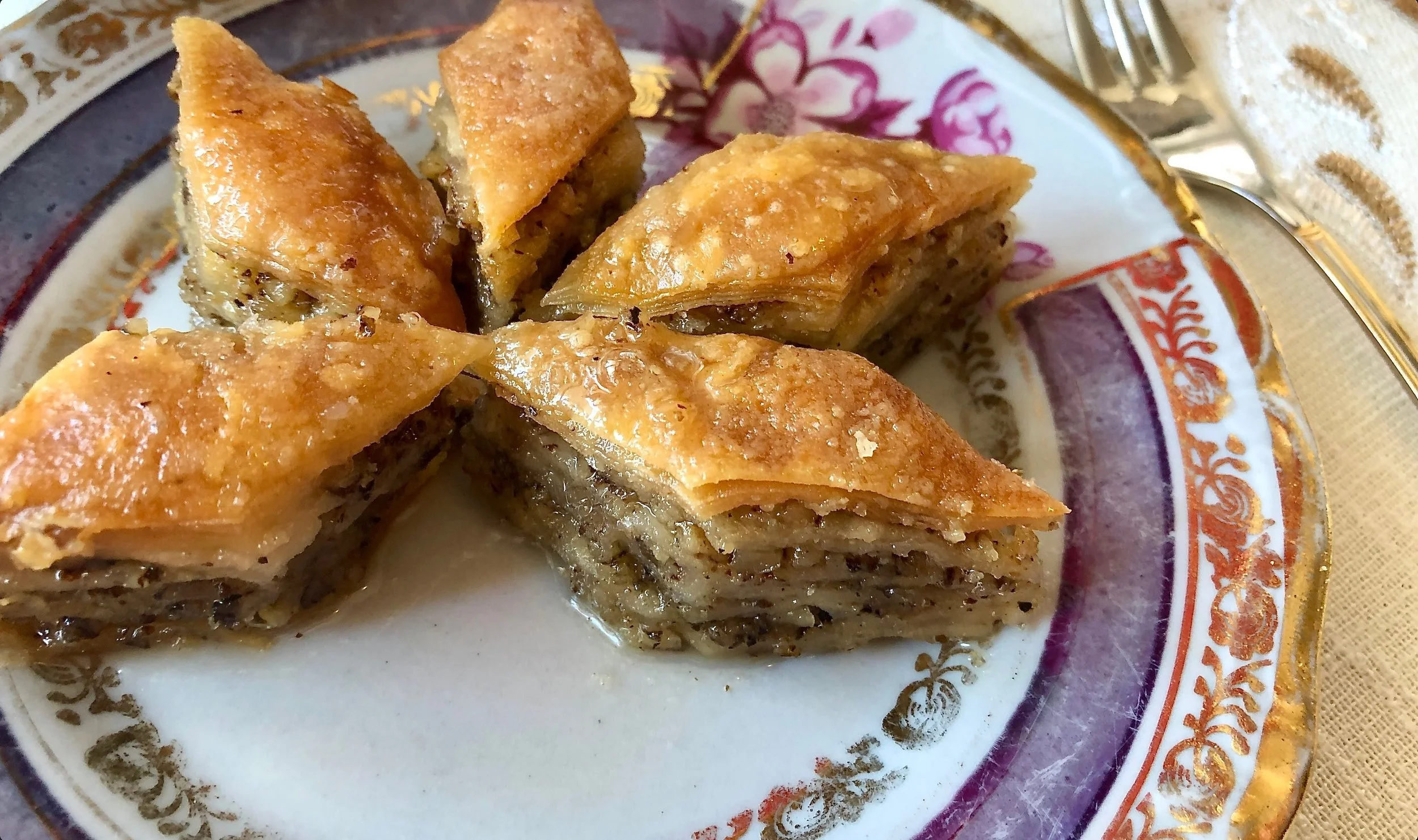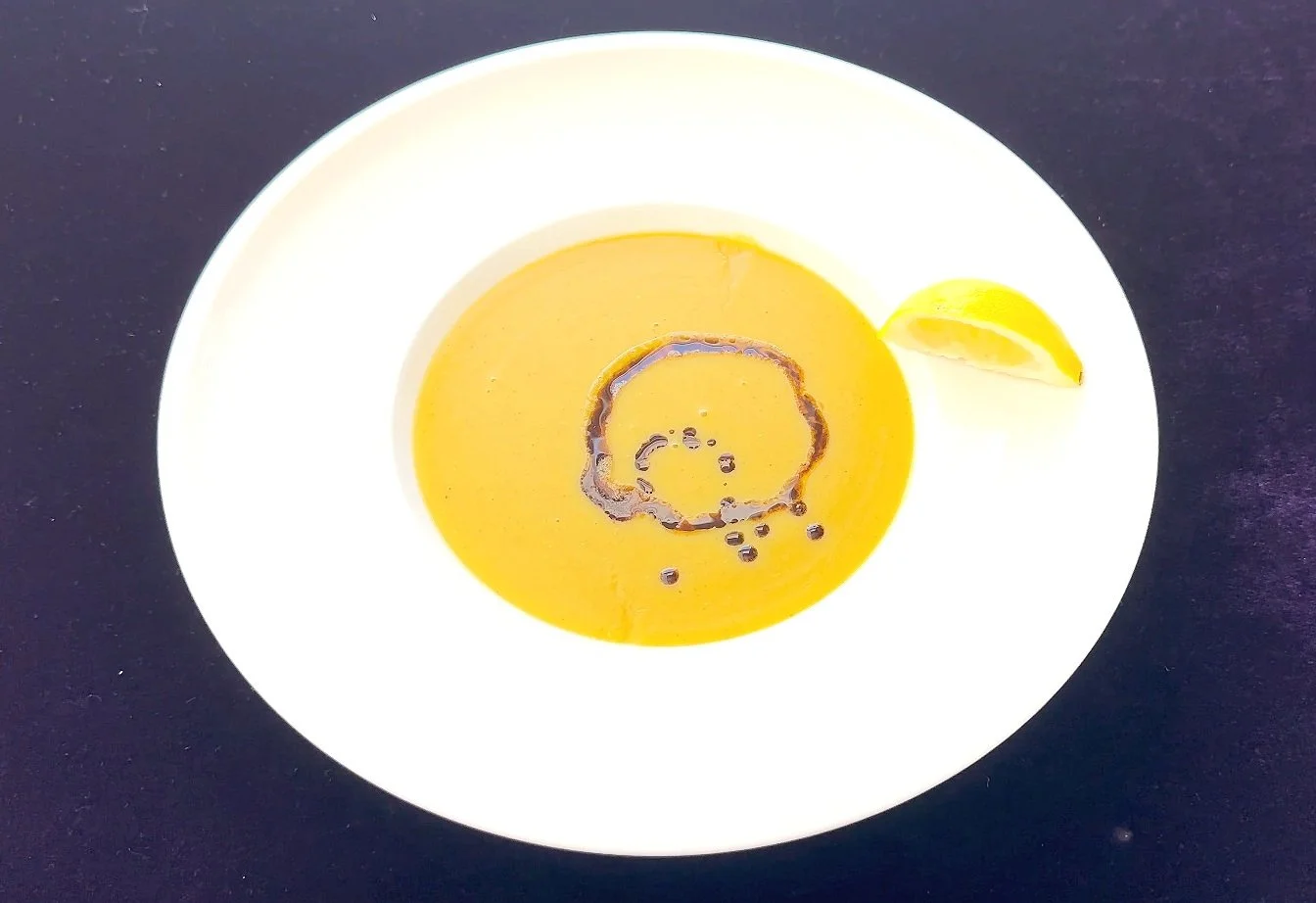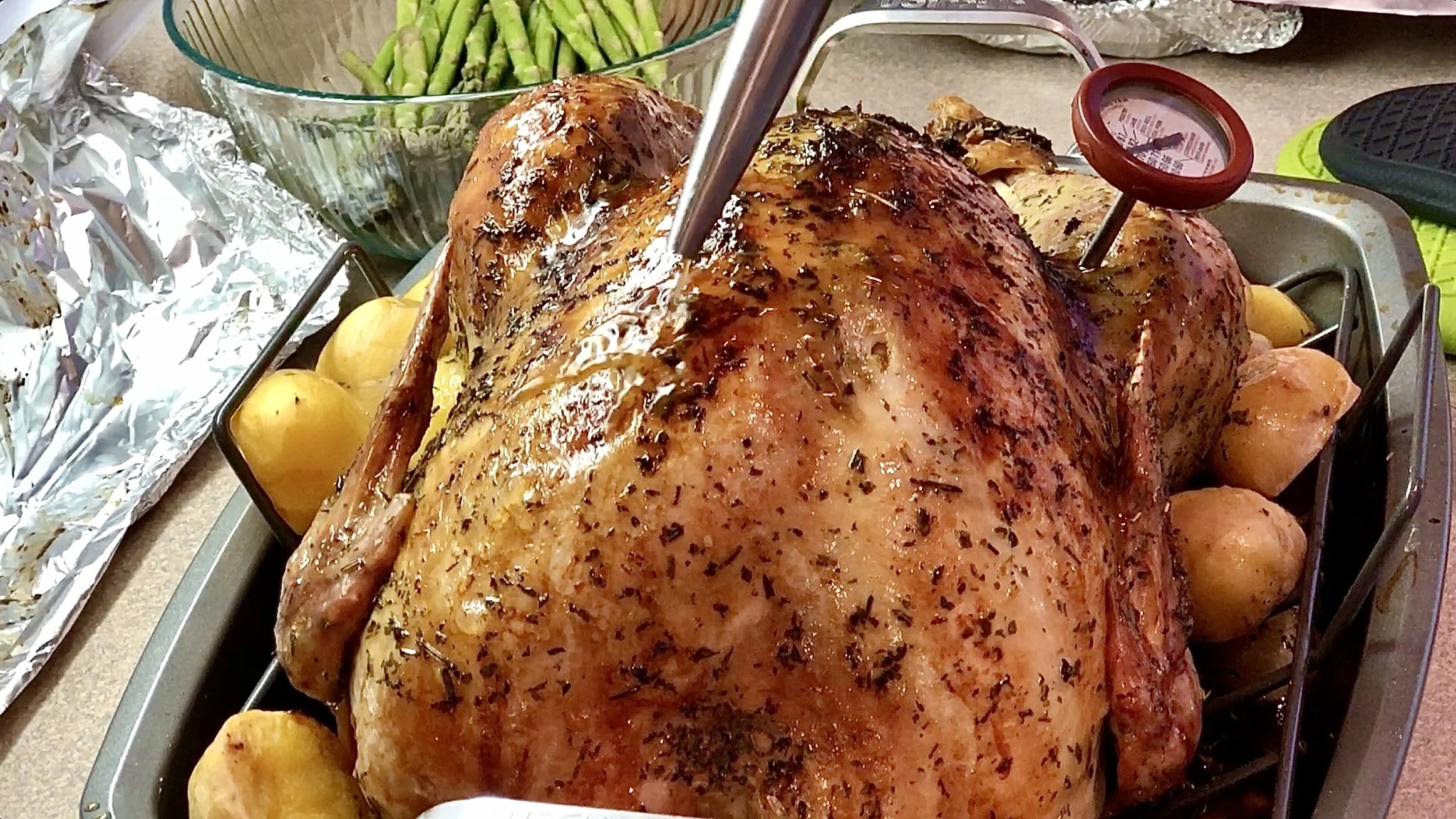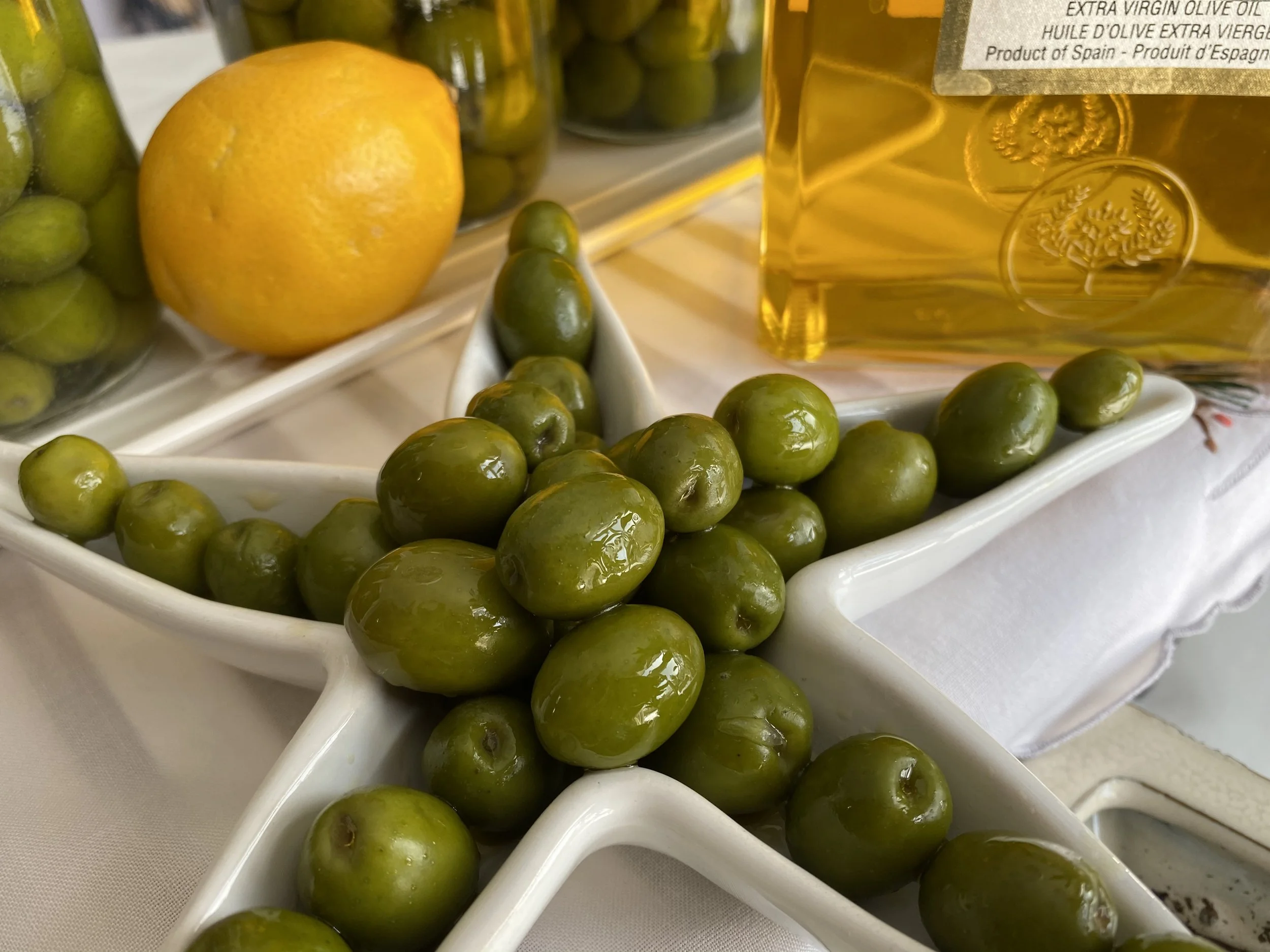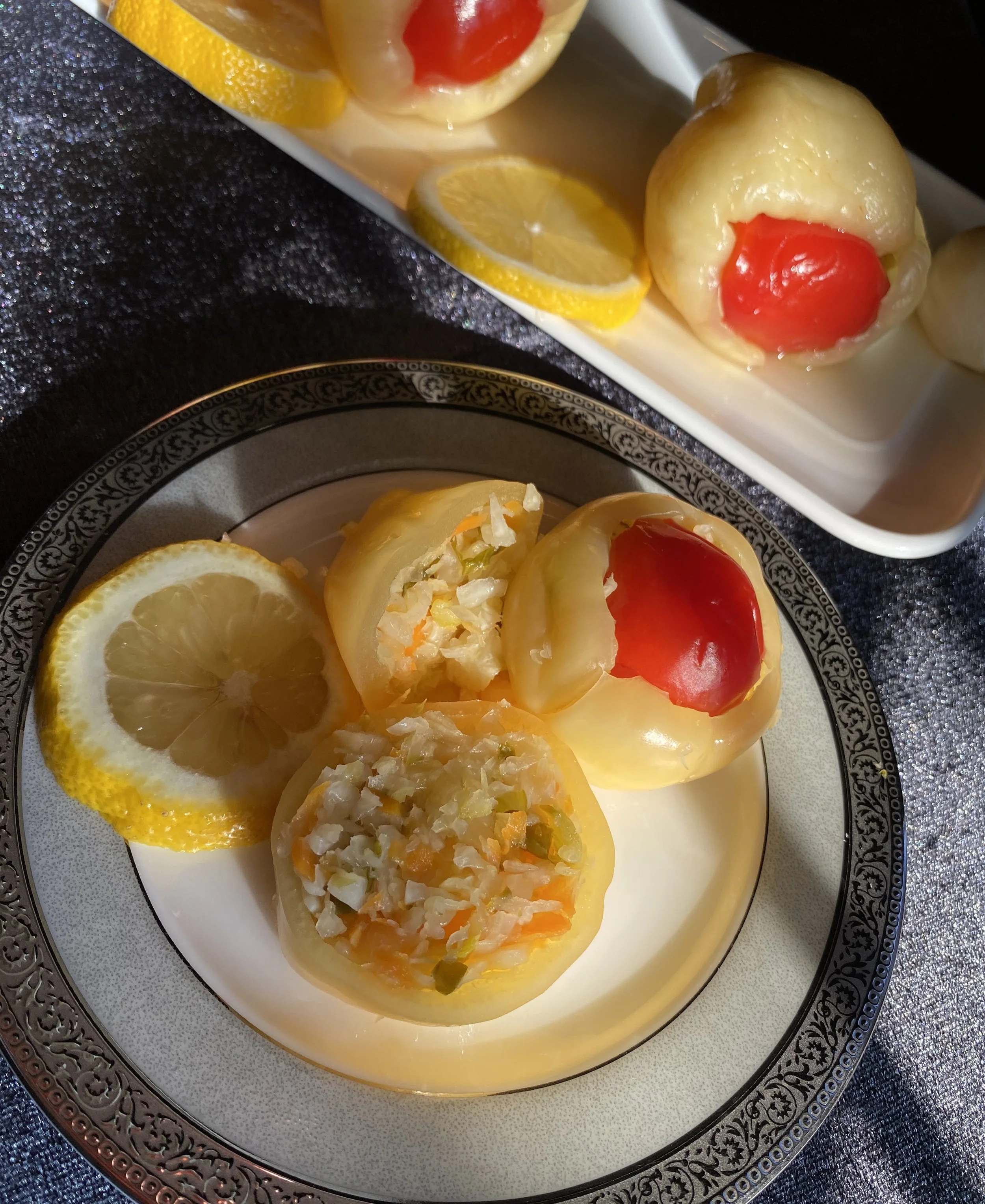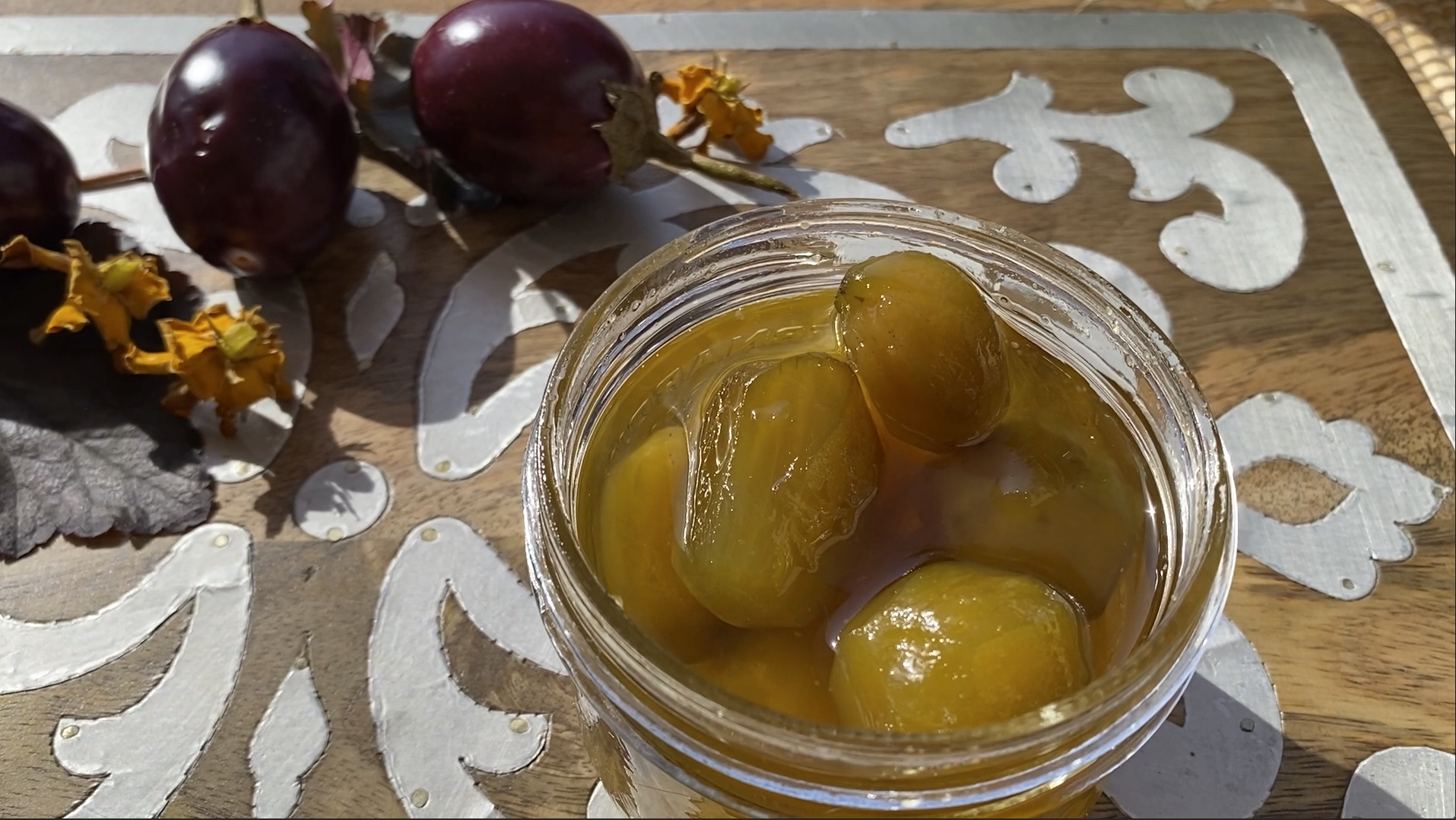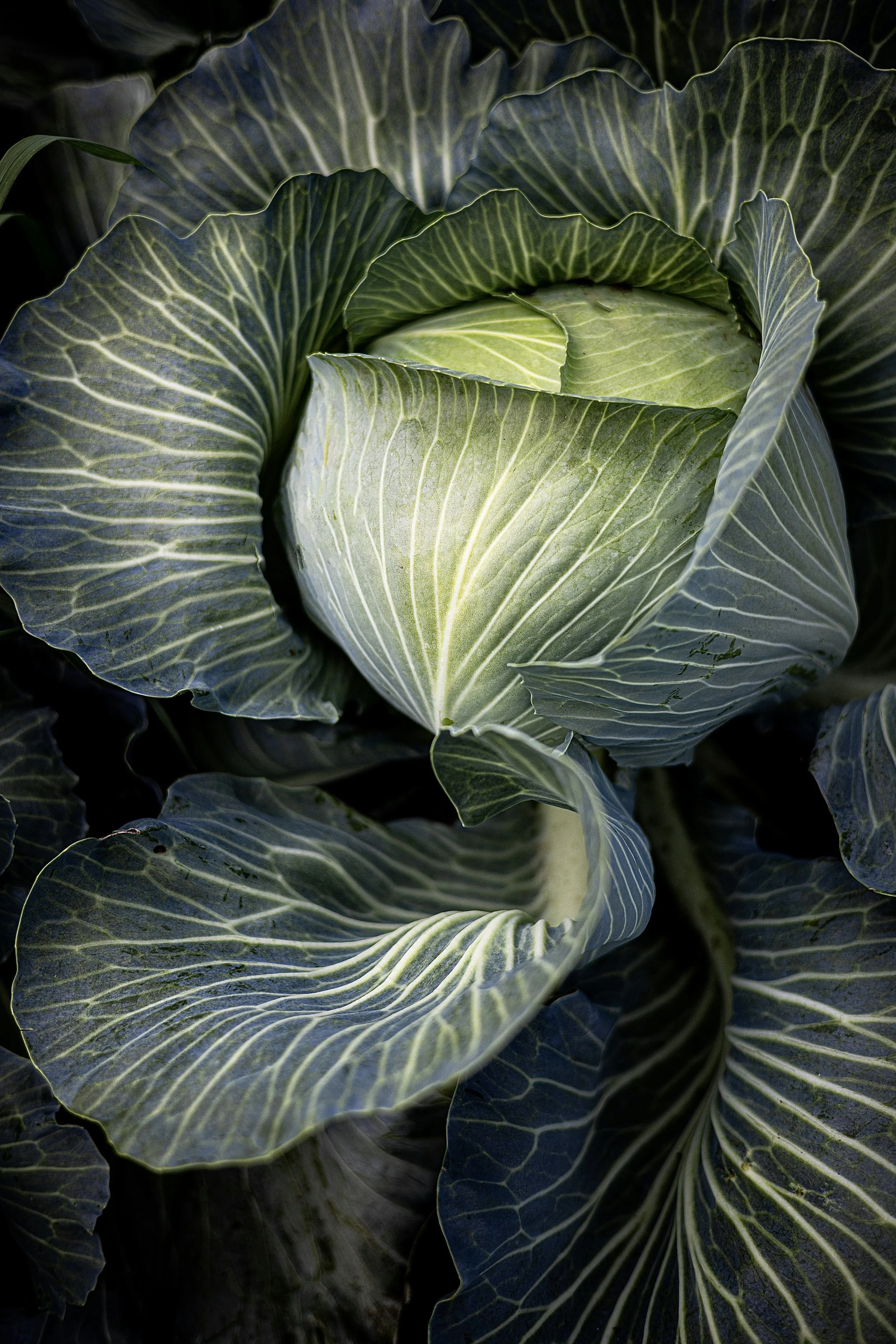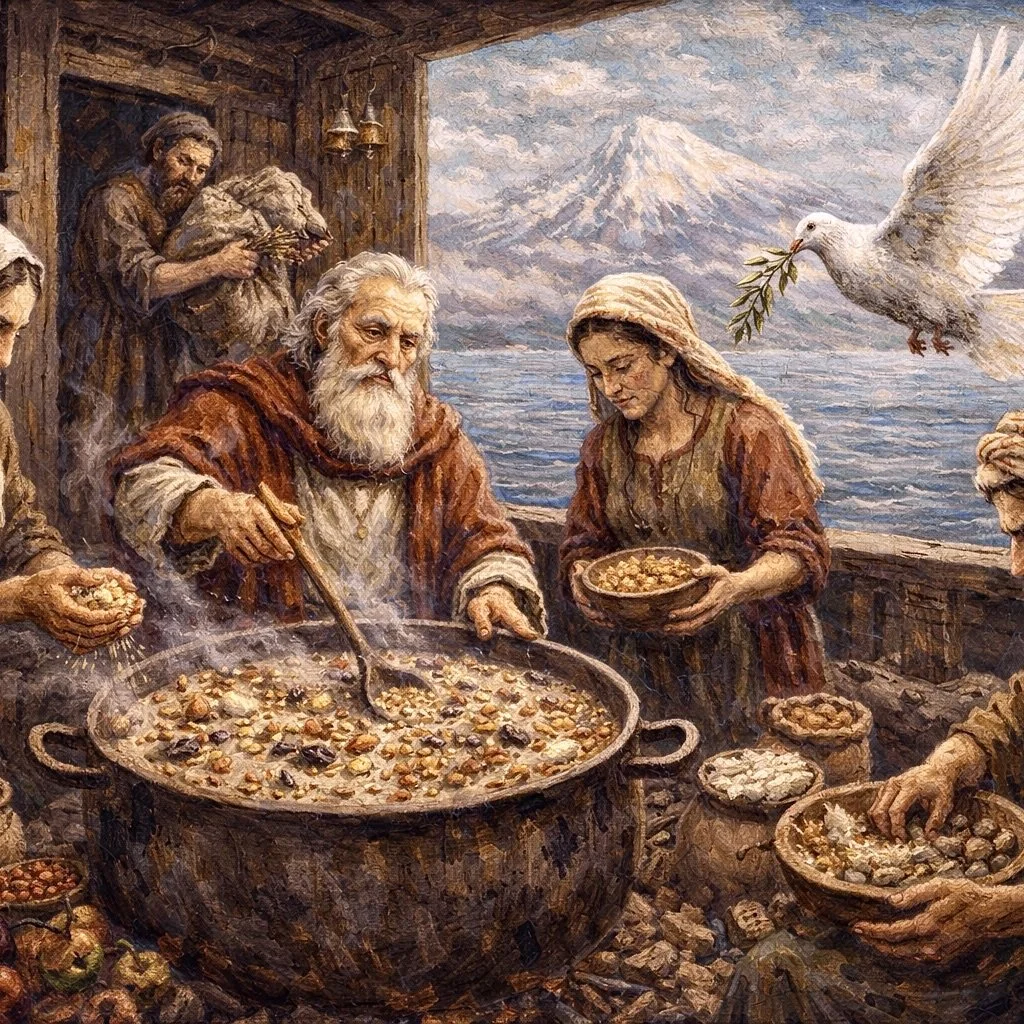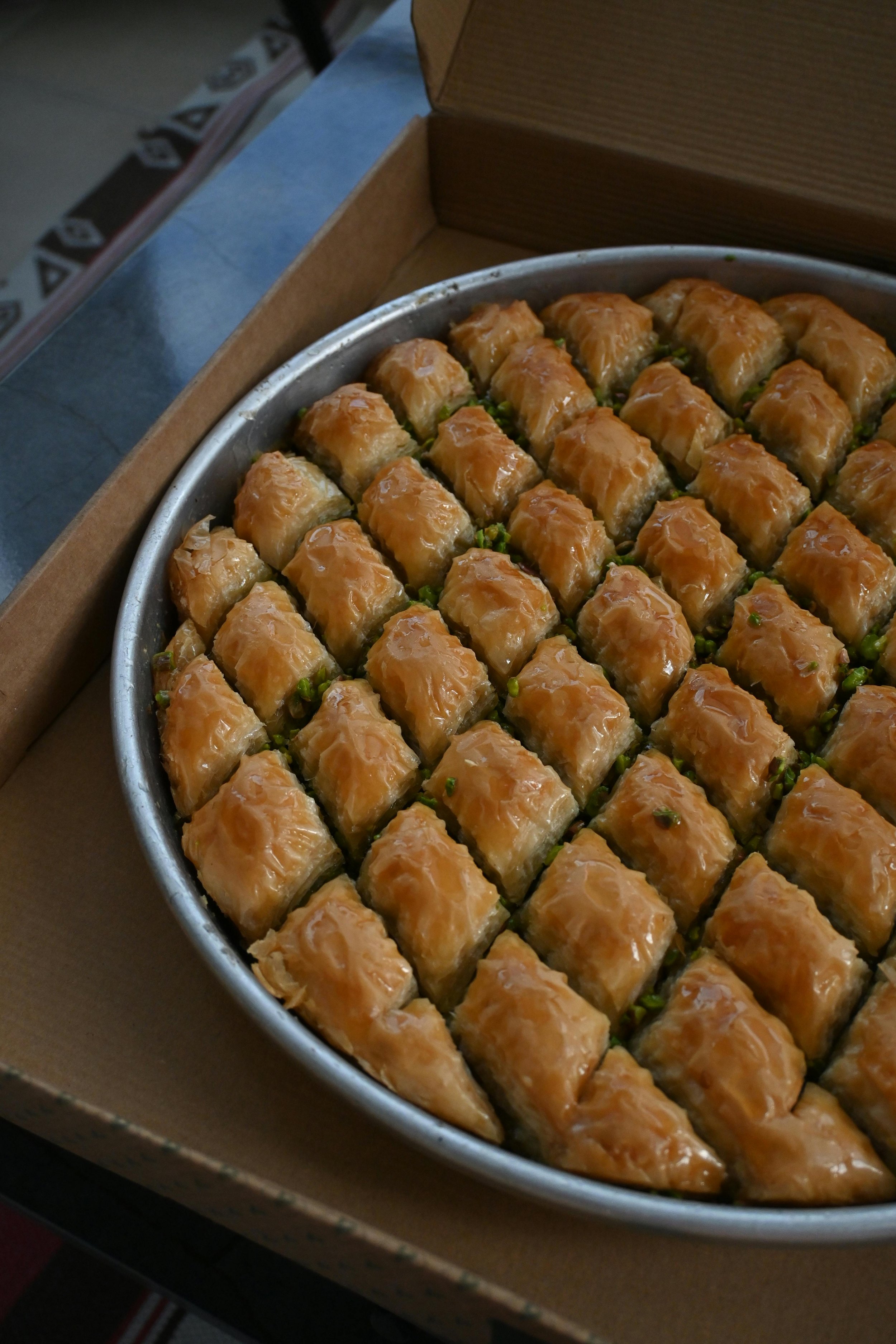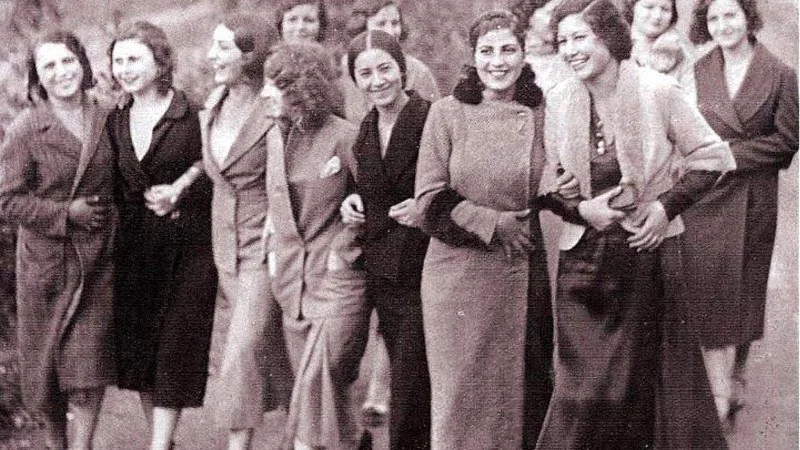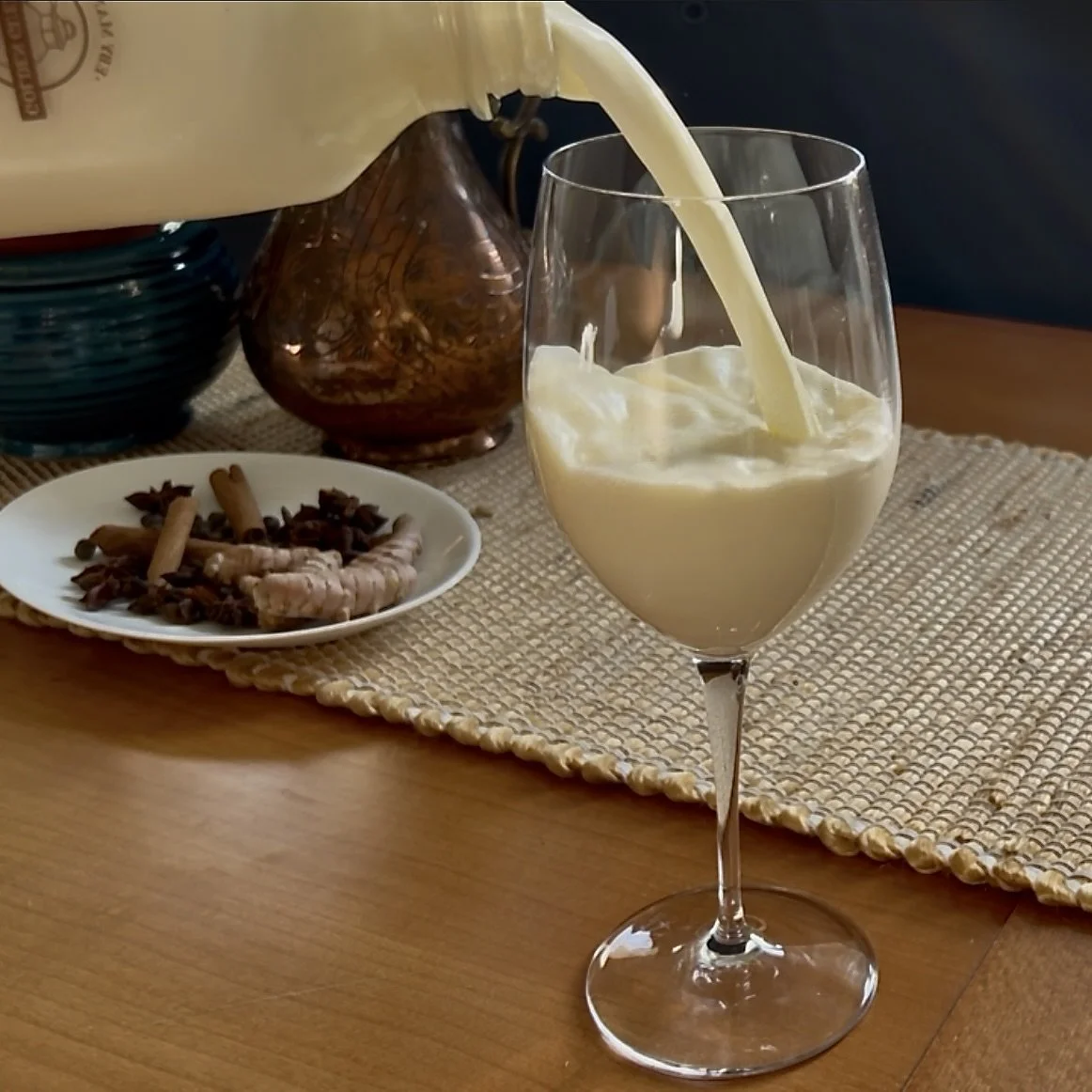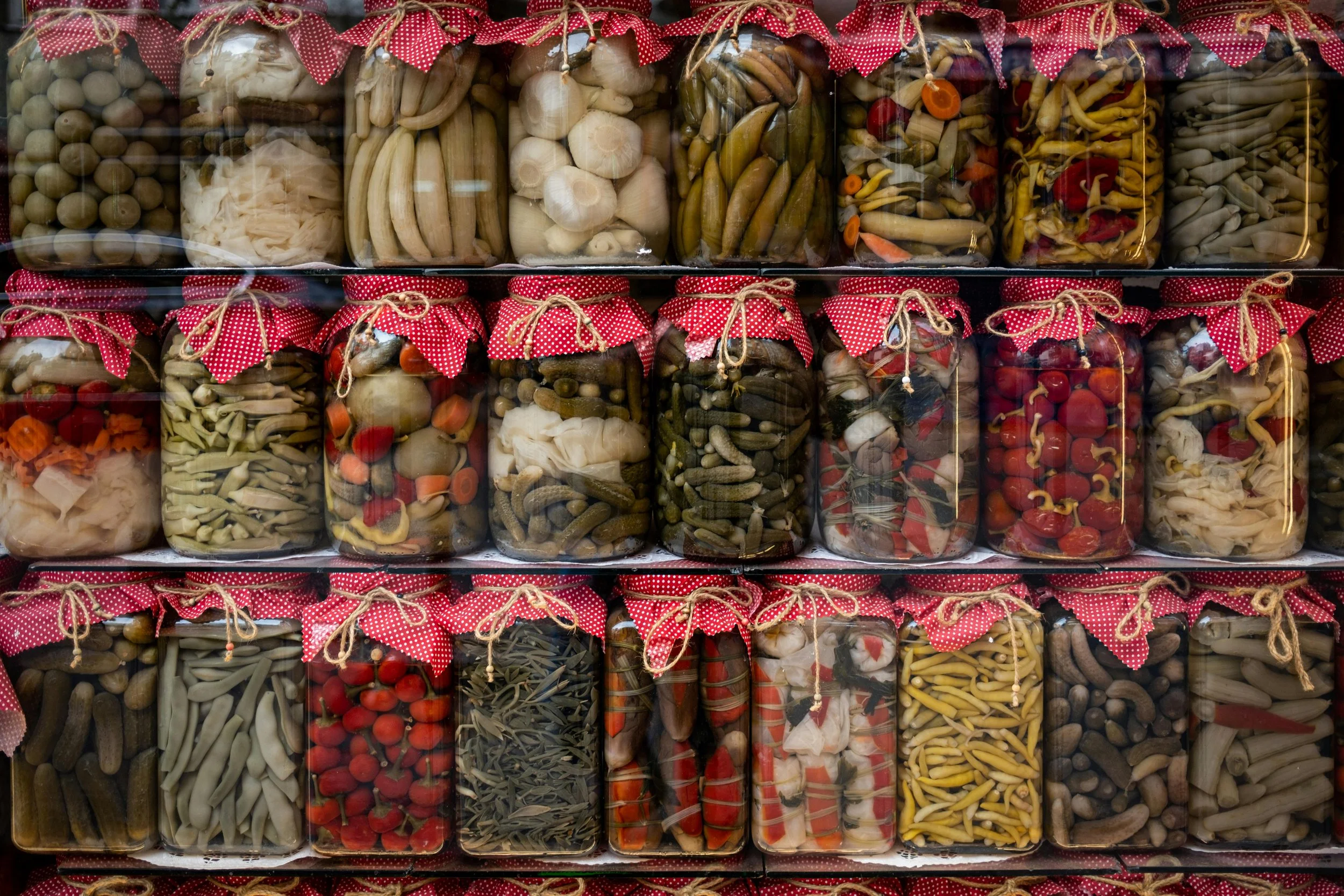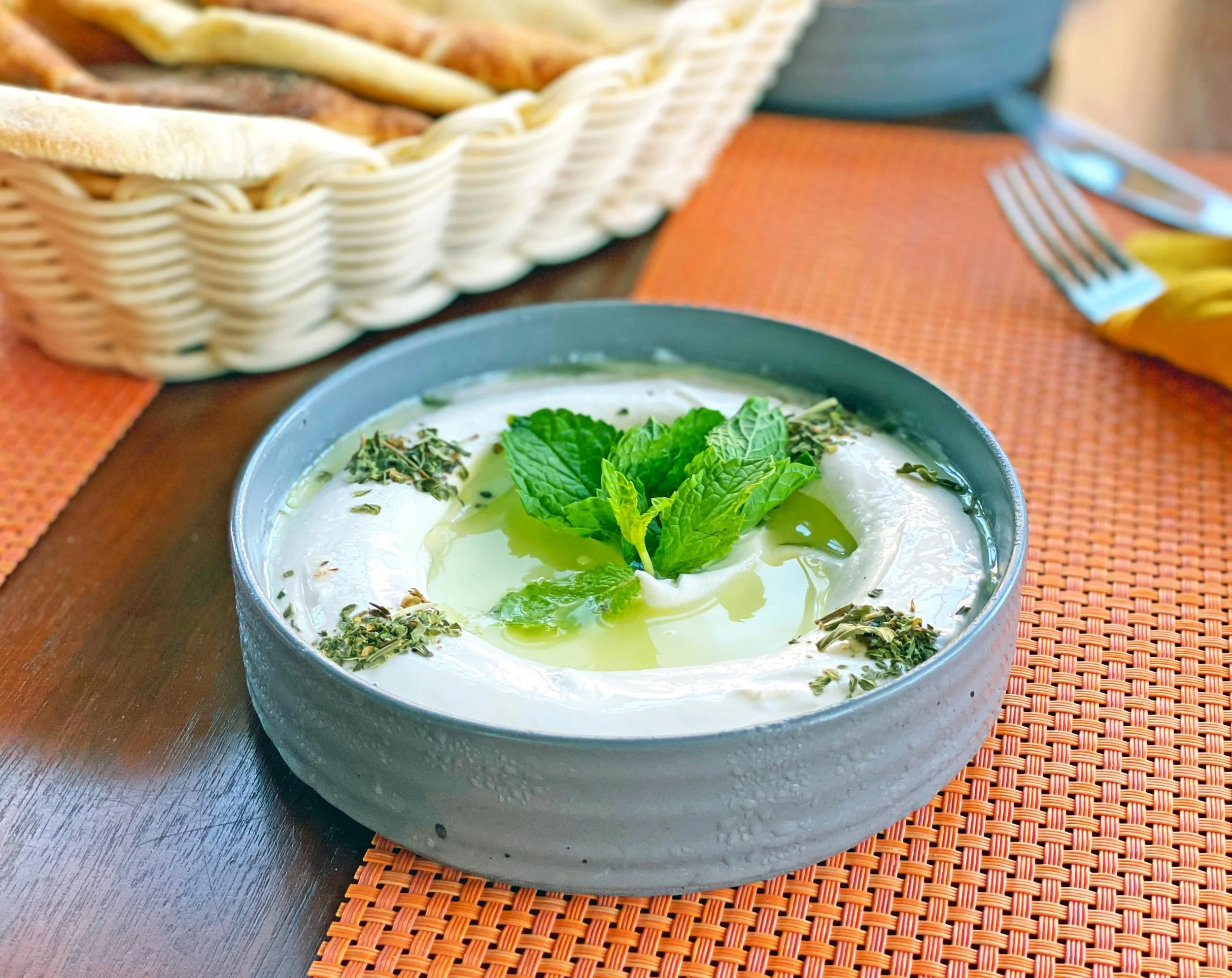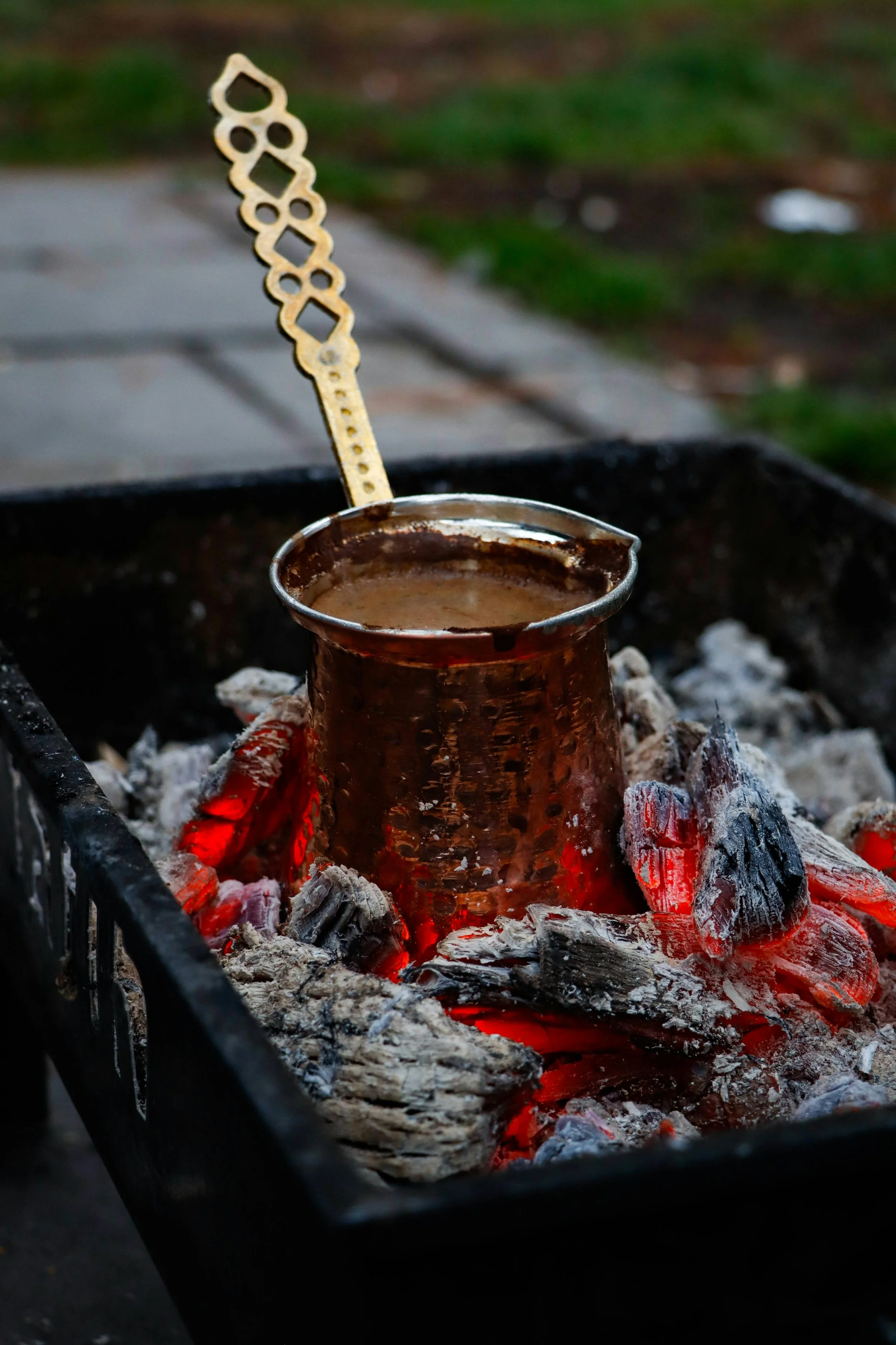Istanbul-Style Okra / Bamya
ISTANBUL-STYLE OKRA STEW
Note: By clicking on this video, you allow third parties (YouTube and Google) to access your data. Visit our privacy policy for more info.
The Refreshing Savoury Relish of Istanbul Summers
In Istanbul, summer finds its flavour in the modest okra. Along the fertile lands of Trakya and Istanbul, a tender, small variety of okra is harvested fresh every morning and consumed within days. These little green pods, prized for their delicate texture, hold a special place in the hearts and kitchens of Istanbullular.
This dish, Istanbul-style okra, is a seasonal treasure made with just a handful of ingredients: juicy summer tomatoes, lemon juice for tang, and tender okra that holds its shape thanks to careful preparation. It’s often prepared with veal or as a light olive oil-based dish, and always served lukewarm or cold, typically with a spoonful of pilav on the side. In our home, we preferred it with şehriyeli pilav, a pilav rich with toasted vermicelli.
More than just a meal, okra is a nutritional powerhouse; high in fibre, protein, and antioxidants, rich in vitamin C and K, and known for its benefits to heart and brain health. In Turkish folk wisdom, it’s even regarded as a cancer-fighting food.
This recipe is a celebration of summer: a savoury, slightly sour, and perfectly refreshing dish to enjoy during the hottest days of the year.
You’ll be amazed by its citrusy brightness and light, tender texture. Give it a try before the season fades!
Ingredients
500 g fresh (or frozen) okra
300 g veal, diced (~2 x 2 cm)*
1 large onion
2 medium tomatoes
1 lemon
1/3 cup olive oil
1 cup drinking water
1 tsp salt
*Eliminate if you prefer vegetarian version.
Directions
PREPARATION:
Rinse the okra gently under running water and drain.
Using a small knife, carefully trim the hard caps of each okra, keeping the cone shape intact—this helps retain their juices while cooking.
Wash the onion, lemon, and tomatoes. Peel and dice the onion. Peel and chop the tomatoes.
Dice the veal into 2x2 cm pieces. (Skip for vegetarian version.)
COOKING:
In a medium pot, heat 1/3 cup olive oil over medium heat.
Add the onions and sauté for 2 minutes.
Add the veal, stir for 5–8 minutes, then cover and simmer on low heat for 40–45 minutes, until the meat softens. (Skip this step if using no meat.)
Add the chopped tomatoes, cover, and cook 10 more minutes.
Stir in the lemon juice, peeled okras, salt, and 1 cup of water.
Cover and simmer for 20 minutes, or until the okras are tender.
Remove from heat and let rest, covered, for 10 minutes before serving.
SERVING:
This dish shines as a light vegetarian lunch, served warm or cold.
For dinner, it becomes a satisfying and nutritious main course when paired with rice pilav.
Whether prepared with olive oil or meat, Istanbul-style okra is a classic you’ll return to every summer.
Afiyet olsun!
[Notes from the Kitchen]
Okra Peeling Technique: Always trim the heads in a conical shape to prevent the slimy juice from seeping out during cooking.
Lemon is key: It enhances the tomato’s acidity and helps neutralize the okra’s mucilage.
Texture tip: Istanbul-style okra should have minimal sauce, a clear finish, and just-tender pods.
Serving temperature: Best enjoyed slightly warm or fully cooled to highlight its delicate flavour.
Meat-Free Option: Simply skip the veal and shorten cooking time; the dish is still deeply satisfying.
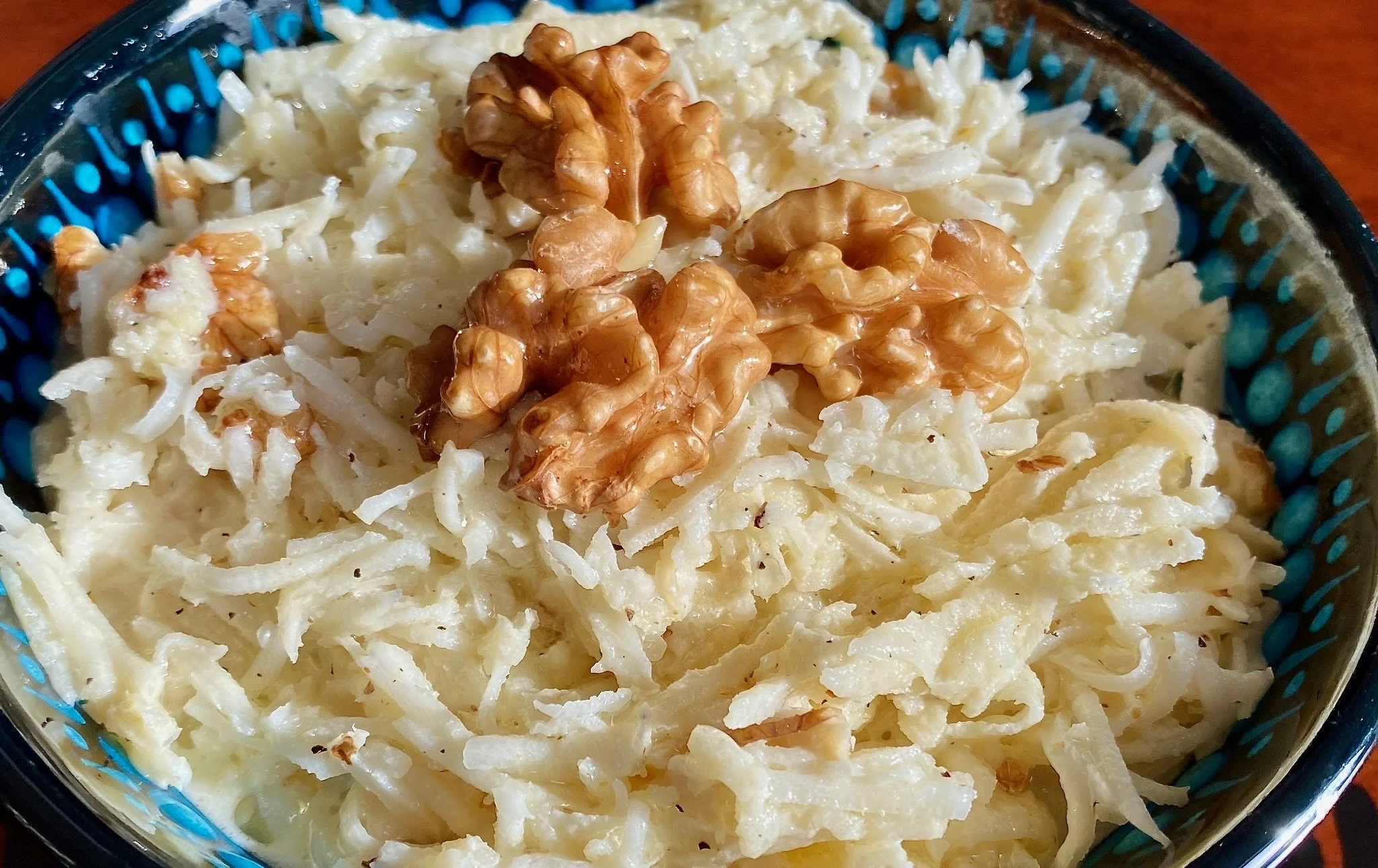
There is a particular kind of hesitation that happens in front of the produce wall…
Somehow, a holiday about light, generosity, and togetherness became the time of year we panic-buy our way into proving we care…
What if the healthiest thing you could do is stop believing everything in the grocery aisle that calls itself “super”?
Discover how baklava evolved from early Central Asian layered pastries to the refined Ottoman masterpiece we know today…
Explore how yoğurt weaves through Turkish cuisine, from soups and mezes to mains, pastries, and desserts... the timeless taste that ties every meal together.
Science confirms what our grandmothers always knew: sitting down together is the recipe for lifelong health.
Eby’s Golden Guernsey milk is the ‘secret’ ingredient that makes our sütlaç, puddings, pochas, sauces, and soups unforgettable…Reminding us why real quality matters.
From jars of tangy probiotic pickles to real fruit leathers and vitamin-rich tarhana soup mix, we share how a Mediterranean family in Canada prepares their pantry for the long winter, with recipes rooted in tradition, adapted for today.
Istanbul’s cuisine is not a story of invention but of conversation, where Thracian settlers, Greek tavern-keepers, Armenian bakers, Jewish exiles, Kurdish migrants, and Ottoman courts all left their mark on the city’s table.
Preserving food wasn’t a hobby. It was survival, celebration, and creativity all at once.
Mediterranean diet is about memory, movement, and meals that satisfy body and soul.
Before it was a health trend, yogurt was medicine, snack, and staple: fermented on horseback, shared across empires, and still echoing in every spoonful today.
Shared meals don’t just feed the body. They knit our hearts together, heal loneliness, and keep old stories alive at the table.
What if tradition wasn’t about perfection or the past… but about adapting wisdom for a better life today?
From leaves to molasses, from sour to sweet — the grape vine carries 10,000 thousand years of Anatolian wisdom into every season.
More than flavour, preservation is geography, memory, and thousands of years of learning to listen to the land…
Before there were books or blueprints, there were mothers—teaching us how to live, protect, and remember.

